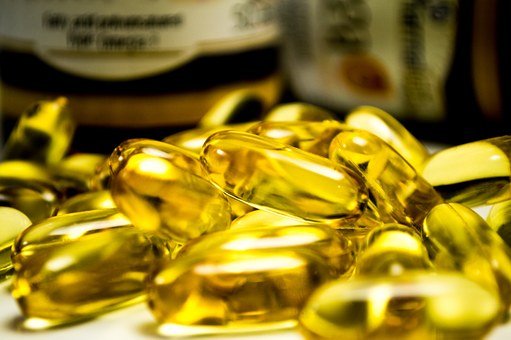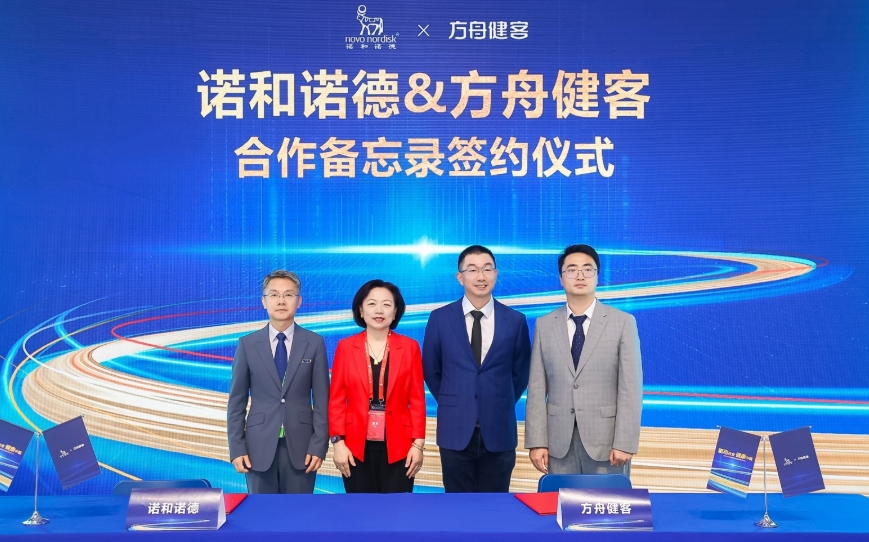
In a filing with Shanghai stock exchange, Shanghai pharma said that it has Pharma submitted two non-binding bids to buy Cardinal Health China, one of the country’s largest drug distributors.
The financial terms of the deal were not disclosed. Cardinal’s China business, which operates 16 distribution centers in 20 cities, generated more than $3.5 billion in revenue last year, compared with $3 billion in 2015, according to its earnings report.
Earlier this year, in July, Reuters had reported that Cardinal Health had put its China business up for sale in a deal that could fetch between $1.2 billion and $1.5 billion. Many state backed Chinese firms had shown keen interest in the sale.
Shanghai Pharma said the move fits the company’s goal of growing its distribution network nationwide and will significantly raise its status in the industry.
A Chinese press reported that Cardinal is backing away from China’s drug distribution sector, which some insiders say, offers little room for foreign players especially as reform on drug distribution moves forward.
China’s drug distribution industry is dominated by three big players: China National Pharmaceutical Group Corp., China Resources and Shanghai Pharma. Smaller local companies rely on their tangled relationships with local health care institutions, according to a report by consultancy Strategy&, under PricewaterhouseCoopers.
The Chinese report further elaborated that many Chinese regions have rolled out a new drug distribution rule, called the “two-invoice” system, under which only two invoices are generated in the distribution process: one when drugmakers sell medicines, and the other when the products arrive at health care institutions. The rule aims to avoid the excessive sale and resale of drugs that has caused prices to rise and it is expected to be fully implemented next year.
A report by KPMG stated that, under the new system, many smaller drug distributors won’t be able to survive, or they will have to be merged with their larger peers.




